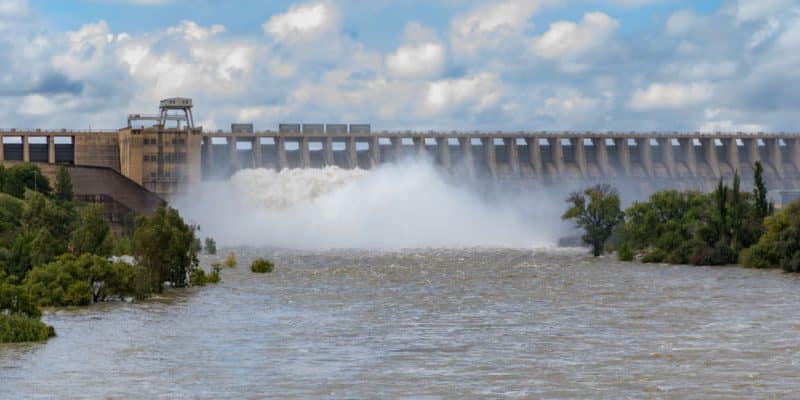In Namibia, the Ministry of Agriculture, Water and Land Reform is mobilising N$98 million (about US$5.5 million) for the rehabilitation and construction of earth dams to cope with flooding.
The N$98 million (about US$5.5 million) funding announced by the Namibian Ministry of Agriculture, Water and Land Reform has been mobilised from development partners. The funds will be used to rehabilitate and construct earth dams in several regions of Namibia to reduce flooding. The last episode on 17 January 2023 affected a dozen houses and businesses in several villages in the north of the country.
Six regions will benefit from this climate resilience project. The bulk of the funds raised by the Namibian government, amounting to N$51 million (more than US$2.8 million), will be used to finance the work in the Ohangwena region in the north. The Omusati, Oshikoto, Kavango East and Kavango West regions will receive N$32 million, or about US$1.8 million.
The remaining N$15 million (about US$839,000) of the pledged funding will be used to finance the evacuation, construction and rehabilitation of earth dams in the Oshana region. “The Oshana Regional Council has already issued tenders to start the process,” says the Namibian Ministry of Agriculture, Water and Land Reform.
The structures will store rainwater for use after floods, including for crop irrigation and livestock watering in northern Namibia. This part of the southern African country is also known for its long dry seasons, which affect water catchment areas and wells with significant impacts on crops and livestock. According to the World Hunger Index 2022 published by the World Food Programme (WFP), Namibia suffers from a serious famine problem, ranking 78th out of 116 countries in the world. The international organisation adds that the country imports up to 80% of its food due to its low production potential.
Inès Magoum







